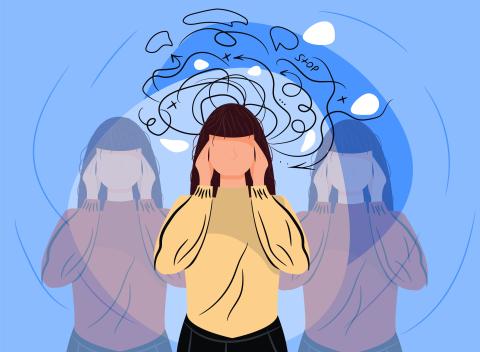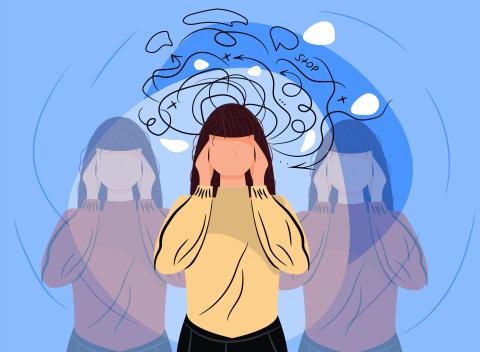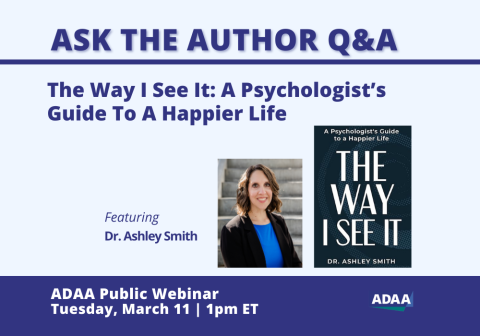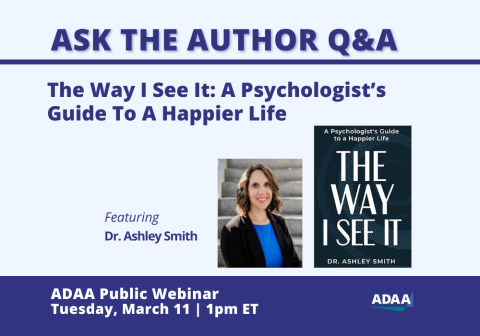Unlocking Resilience: 5 Tips for Navigating Difficult Holiday Experiences
Unlocking Resilience: 5 Tips for Navigating Difficult Holiday Experiences
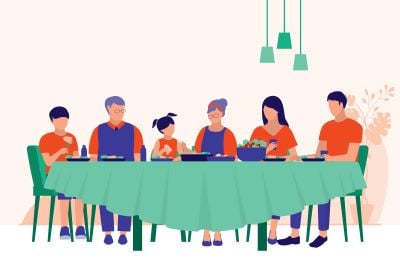
As the holiday season approaches, many individuals find themselves grappling with challenging memories or experiences that may evoke intense emotions. Emory Brain Health Center psychologists, Sheila Rauch and Barbara Rothbaum, offer valuable insights to help people navigate difficult experiences during the holidays and beyond.
Grounded in research, these strategies aim to promote emotional processing, resilience and a heightened sense of empowerment. Individuals can equip themselves to face tough situations, elevate emotional well-being and approach the holiday season and upcoming year with renewed resilience.
- Feel it, share it, let it go: Difficult experiences demand acknowledgment and processing. Instead of avoiding challenging memories, take the time to feel and share those emotions. Whether through self-reflection, journaling or confiding in a trusted friend, expressing your feelings allows you to take the first step toward letting go of the emotional weight.
- Revisit and reframe: Repeatedly revisiting a difficult memory can lead to a shift in perspective. Challenge negative thoughts associated with the experience and consider alternative interpretations. Gaining a new perspective can help you view the event in a new light, reducing the emotional intensity and allowing for personal growth. This is not the same as ruminating!
- Avoidance is not the solution: Avoidance may provide temporary relief, but it often makes things worse in the long-term. Approach the memories, thoughts and situations that trigger discomfort. By actively engaging with these challenges, you create an opportunity for emotional healing, acceptance and resilience.
- Approach emotion: It is natural to fear that revisiting a traumatic event intensifies the emotional pain. However, allowing yourself to approach these emotions in a safe and controlled manner is crucial for healing. Differentiate between past and present, recognizing that recalling the event is not a recurrence but a step toward understanding and managing your emotions.
- Create your narrative: Think of your life as a story, with each difficult experience as a chapter. Instead of repeatedly reopening the book only to hastily close it, approach your memories and let yourself feel what comes along with those memories. By reading through the chapters/memories methodically you can come to a new understanding of what makes you who you are today. If needed, seek expert help or resources to guide you through the process of integrating challenging memories into your life story, fostering resilience and moving forward.





